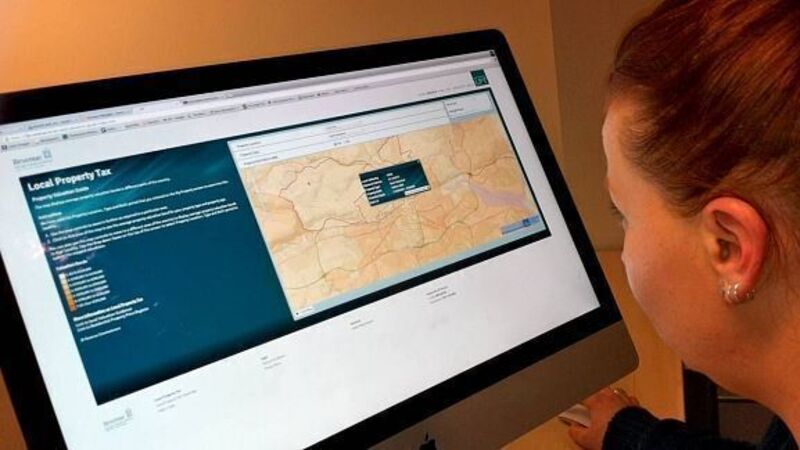Government plans for freeze on property tax may be illegal warns Chartered Accountants Ireland

Brian Keegan, director of taxation at Chartered Accountants Ireland, said the legal challenge would be similar to that mounted in the 1980s over the old property tax based on rateable values because the Government plans to dismantle the existing local property tax system, but still use frozen valuations for years to come.
Finance Minister Michael Noonan signalled last month that property valuations from May 2013 will be used for an extended period to calculate annual property tax bills, before being replaced by a new property tax in 2019, at the earliest.













